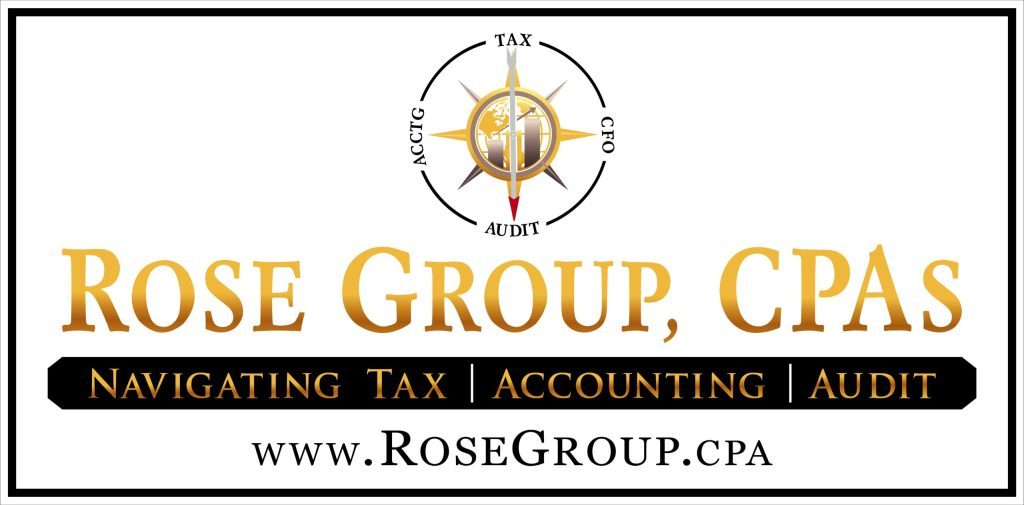Thorough and accurate tax service either in person or 100% digital. Our preparers are located in one of our three locations, but you do not have to be when you utilize our fully digital process. We understand the complexities of filing taxes and offer expert guidance tailored to your unique financial situation. From organizing income and expense records to calculating quarterly estimates and recalculating 4th quarter figures, we ensure meticulous attention to detail for a stress-free tax season experience. Streamline your finances with our expert tax preparation services—contact us now!
At our CPA firm, we specialize in guiding businesses through the complexities of tax structures. A C corporation (C corp) provides a separate legal entity from its owners or shareholders, and it’s required to make quarterly estimated payments based on income received throughout the year. An S corporation (S corp) offers advantages for those seeking to avoid public exposure or attracting institutional investors. With a limited number of shareholders, one class of stock, and a single level of taxation, S corps offer simplicity and tax benefits. Let us handle your tax preparation services—schedule your appointment today!

For S corp owners, determining reasonable market compensation can be challenging due to varying state rules and industry standards. Our CPAs provide expert guidance on best practices for establishing reasonable compensation, ensuring compliance and optimizing tax filings. With streamlined tax processes and favorable tax benefits, S corps are an ideal choice for lifestyle businesses aiming to maintain a preferred income level with minimal overhead.
We also offer our clients CFO advisory to help you reach your organizational goals.
With partnerships, income allocation can be customized based on the terms outlined in the partnership agreement, providing flexibility to distribute profits or expenses non-proportionally among partners.
Additionally, partners are responsible for making estimated tax payments throughout the year to cover income, self-employment, and alternative minimum taxes. Whether opting for tax withholding or making estimated payments, our team ensures compliance and efficiency in managing tax obligations for partners.
The estate income tax return must be filed if the estate has $600 in income. This includes income earned from bank accounts or stock while the estate is going through probate.

When someone dies, the person does not exist and cannot have income. Instead, income is reported by the person’s estate. Estate income tax return is due the 15th of the fourth month after the estate’s year end.
The estate tax return is due within 9 months after death and is required if the estate is larger than the exclusion amount, currently 13.61 million.
A gift tax return is filed in any year a taxpayer makes gifts in excess of the annual exclusion amount. The annual exclusion amount as of 2024 is $18,000.
Nonprofit organizations encounter distinct challenges that set them apart from for-profit businesses, including the annual submission of Form 990 and taxation on unrelated business income. To navigate these complexities effectively, having a dedicated team of tax and accounting professionals is essential. Our firm specializes in supporting nonprofits, ensuring compliance with accounting standards and tax regulations while keeping you updated on the latest requirements. With our expertise, you can confidently manage your nonprofit’s financial affairs, focusing on your mission with peace of mind.

Streamline your finances with our expert tax preparation services—contact us now!

120 Mosaic Boulevard,
Suite 200
Pittsboro, NC 27312
ERO@RoseGroup.cpa
919-913-8081
101 Cosgrove Ave,
Suite 260
Chapel Hill, NC 27514
Admin@RoseGroup.cpa
919-913-8081
3119-A Crawfordville Highway,
Crawfordville, FL 32327
Info@RoseGroup.cpa
850-759-5080